How a Dentist in NYC Can Support Patients Undergoing Cancer Treatment

Cancer treatment saves lives but often brings challenging side effects. For many patients, the mouth becomes a battleground, radiation and chemotherapy can cause painful sores, dry mouth, and a higher risk of infections. These oral health issues can make eating, speaking, or even smiling a struggle. A skilled dentist can play a vital role in easing these burdens, offering specialized care to support patients through their treatment journey. By addressing oral complications early, dental professionals help patients maintain their quality of life during a difficult time.
Oral health is deeply connected to overall well-being during cancer therapy. Treatments like chemotherapy can weaken the immune system, making the mouth more vulnerable to infections. A dentist in NYC can provide tailored care to manage these risks. For instance, they may recommend special mouthwashes to soothe sores or fluoride treatments to strengthen enamel. Early dental visits allow for a baseline assessment, catching issues like cavities or gum disease before they worsen. This proactive approach ensures patients can focus on their recovery without added dental pain.
Common Oral Side Effects of Cancer Treatment
“Dental care during cancer treatment isn’t just about teeth; it’s about supporting the whole person.”
Cancer therapies can wreak havoc on the mouth. Patients often face a range of oral challenges that affect their daily lives. Here are some common issues and how a dentist can help:
- Mouth sores (mucositis): Painful ulcers can form in the mouth, making eating difficult. Dentists can prescribe medicated rinses or gels to reduce discomfort.
- Dry mouth (xerostomia): Radiation or medications can reduce saliva production, increasing cavity risk. Dentists may suggest saliva substitutes or hydration strategies.
- Increased infection risk: A weakened immune system invites bacterial or fungal infections. Regular cleanings and monitoring can prevent complications.
- Jaw stiffness: Radiation to the head or neck can cause jaw pain or limited movement. Dentists can recommend exercises or therapies to improve mobility.
These side effects are more than just uncomfortable, they can disrupt treatment. For example, severe mouth sores might force a patient to pause chemotherapy. A dentist’s expertise can prevent such setbacks, keeping oral health stable. “Dental care during cancer treatment isn’t just about teeth; it’s about supporting the whole person,” says Dr. Jane Smith, a dental professional with experience in oncology support. Regular dental checkups can catch problems early, ensuring small issues don’t escalate.
Why Early Dental Intervention Matters
Seeing a dentist before starting cancer treatment is a game-changer. A pre-treatment dental exam allows the dentist to address existing issues like cavities, gum disease, or ill-fitting dentures. This step is critical because cancer therapies can worsen these conditions. For instance, radiation can weaken teeth, making untreated cavities more destructive. By fixing problems early, patients avoid complications that could delay their cancer treatment.
Dentists also create personalized care plans. They work closely with oncologists to understand the patient’s treatment regimen and tailor dental care accordingly. For example, patients undergoing radiation may need more frequent cleanings to combat dry mouth. Those on chemotherapy might benefit from custom mouthguards to protect sensitive tissues. This collaborative approach ensures dental care aligns with medical needs, offering peace of mind.
How Dentists Support Emotional Well-Being
Cancer treatment can take an emotional toll, and oral health plays a role. Painful sores or tooth loss can make patients feel self-conscious, adding to their stress. A compassionate dentist can restore confidence by addressing these concerns. Whether it’s whitening teeth for a brighter smile or fitting dentures for comfort, these small acts make a big difference. “When patients feel good about their smile, it lifts their spirits,” notes Dr. Smith. Such support helps patients face their treatment with resilience.
Finding the Right Dentist
Not all dentists are equipped to handle cancer-related oral care. Patients should seek professionals experienced in working with oncology patients. In a bustling city like New York, finding a dentist in NYC with this expertise is easier than you might think. Look for practices that offer comprehensive services, from preventive care to restorative treatments, and prioritize patient comfort.
Dental care is a lifeline for cancer patients. By addressing side effects like mouth sores, dry mouth, and infections, a dentist in NYC can make treatment more bearable. Early intervention prevents complications, supports overall health, and boosts emotional well-being. For those facing the challenges of cancer therapy, a trusted dental partner offers not just medical care but also hope and comfort. Don’t wait—schedule a dental visit before treatment begins to ensure a smoother journey.




 Getting a cancer diagnosis can drastically change one’s life and of those close to them. What’s more is that cancer treatments can be costly and the expenses can immediately add up. However, if you have a health insurance plan, many of these expenditures are covered.
Getting a cancer diagnosis can drastically change one’s life and of those close to them. What’s more is that cancer treatments can be costly and the expenses can immediately add up. However, if you have a health insurance plan, many of these expenditures are covered.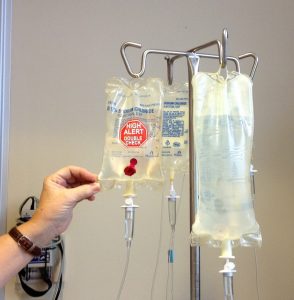 Medicare and Cancer Treatment Coverage
Medicare and Cancer Treatment Coverage Exipure is one weight loss product that is new in the market. It has quickly gained popularity as Exipure supplement review state that many of its users have achieved positive results even before they could consume one bottle. So, what makes this weight loss supplement effective? What is it made from and how does it work?
Exipure is one weight loss product that is new in the market. It has quickly gained popularity as Exipure supplement review state that many of its users have achieved positive results even before they could consume one bottle. So, what makes this weight loss supplement effective? What is it made from and how does it work?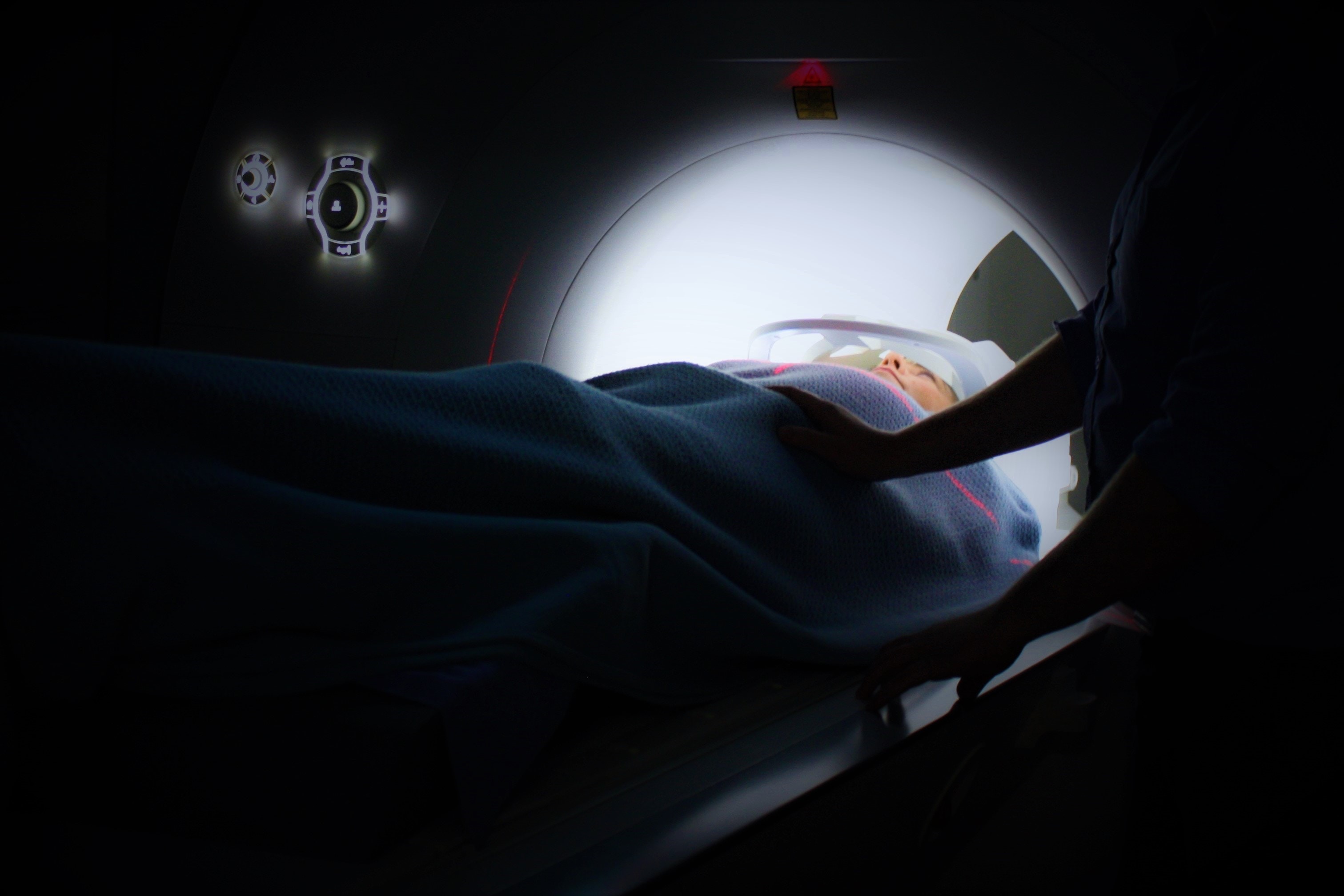

 Just How Much Sleep Do I Need?
Just How Much Sleep Do I Need? In accordance with the Centers for Disease Control, colon cancer “is now the second top cancer cause of death in the USA.” It’s projected that more than 135,000 Americans will be diagnosed with colon cancer in 2017. Individuals over age 50 are undoubtedly the most frequent age group.
In accordance with the Centers for Disease Control, colon cancer “is now the second top cancer cause of death in the USA.” It’s projected that more than 135,000 Americans will be diagnosed with colon cancer in 2017. Individuals over age 50 are undoubtedly the most frequent age group.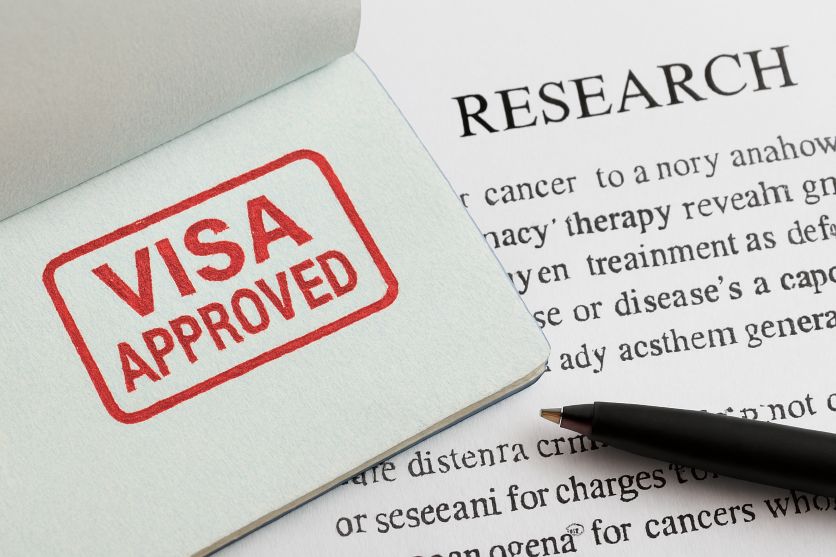
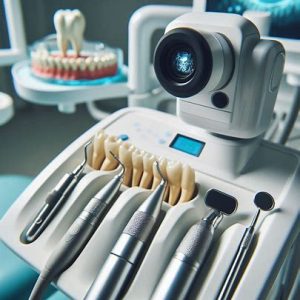 Oral cancer often develops quietly. Patients may not notice sores, lumps, or discoloration until the disease progresses. Dentists, however, see these signs during routine exams. Red or white patches, persistent sores, or unusual tissue changes in the mouth or throat can signal trouble. Because dentists examine patients regularly, they’re uniquely positioned to catch these warning signs early. For new practice owners, this responsibility underscores the need for thorough training and advanced diagnostic tools.
Oral cancer often develops quietly. Patients may not notice sores, lumps, or discoloration until the disease progresses. Dentists, however, see these signs during routine exams. Red or white patches, persistent sores, or unusual tissue changes in the mouth or throat can signal trouble. Because dentists examine patients regularly, they’re uniquely positioned to catch these warning signs early. For new practice owners, this responsibility underscores the need for thorough training and advanced diagnostic tools. Cancer and its treatments can weaken the body, causing fatigue, weakness, and loss of appetite. Many patients undergoing chemotherapy, radiation, or surgery struggle to stay strong and energized. Fortunately, steroids have been found to play a valuable role in helping cancer patients maintain their strength, combat fatigue, and regain their appetite.
Cancer and its treatments can weaken the body, causing fatigue, weakness, and loss of appetite. Many patients undergoing chemotherapy, radiation, or surgery struggle to stay strong and energized. Fortunately, steroids have been found to play a valuable role in helping cancer patients maintain their strength, combat fatigue, and regain their appetite.
 The Role of Antioxidants in Recovery
The Role of Antioxidants in Recovery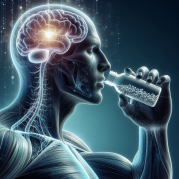 Studies have shown that medicinal mushrooms also offer some cognitive effects. Their antioxidant properties protect the brain and might prevent decreased cognition in senior citizens. Moreover, they affect tumors and can boost the immune system. Hence, this is a good addition for cancer patients as it can be incorporated into their diet.
Studies have shown that medicinal mushrooms also offer some cognitive effects. Their antioxidant properties protect the brain and might prevent decreased cognition in senior citizens. Moreover, they affect tumors and can boost the immune system. Hence, this is a good addition for cancer patients as it can be incorporated into their diet.
 Some drugs or therapies can help treat underlying medical disorders causing sexual dysfunction.
Some drugs or therapies can help treat underlying medical disorders causing sexual dysfunction.






 Maintaining a healthy liver is crucial for overall well-being, as it is vital in detoxifying the body and aiding digestion. While genetics and medical conditions can influence liver health, lifestyle factors also have a significant impact. You need to read on Liv Pure real reviews from customers who improved their health and weight management. This article will explore the effects of smoking and substance abuse on liver health,
Maintaining a healthy liver is crucial for overall well-being, as it is vital in detoxifying the body and aiding digestion. While genetics and medical conditions can influence liver health, lifestyle factors also have a significant impact. You need to read on Liv Pure real reviews from customers who improved their health and weight management. This article will explore the effects of smoking and substance abuse on liver health,  There’s an increasing number of people reading Cortexi Reviews, as concerns over hearing impairment is also rising. Apparently, the positive reviews written about the ear-health
There’s an increasing number of people reading Cortexi Reviews, as concerns over hearing impairment is also rising. Apparently, the positive reviews written about the ear-health  Radiology expert Dr.Christopher Collins, Ph.D., who also teaches radiology at New York University, explains that 5G technology uses low level radiation or electromagnetic fields (EMF) emissions in transmitting waves of communication to cellphones, computers, Bluetooth, power lines and even to Microwave ovens. Low frequency, nonionizing EMF radiations do not affect human tissues that cause cancer the way the sun’s ionizing ultraviolet radiation does to the skin.
Radiology expert Dr.Christopher Collins, Ph.D., who also teaches radiology at New York University, explains that 5G technology uses low level radiation or electromagnetic fields (EMF) emissions in transmitting waves of communication to cellphones, computers, Bluetooth, power lines and even to Microwave ovens. Low frequency, nonionizing EMF radiations do not affect human tissues that cause cancer the way the sun’s ionizing ultraviolet radiation does to the skin.







